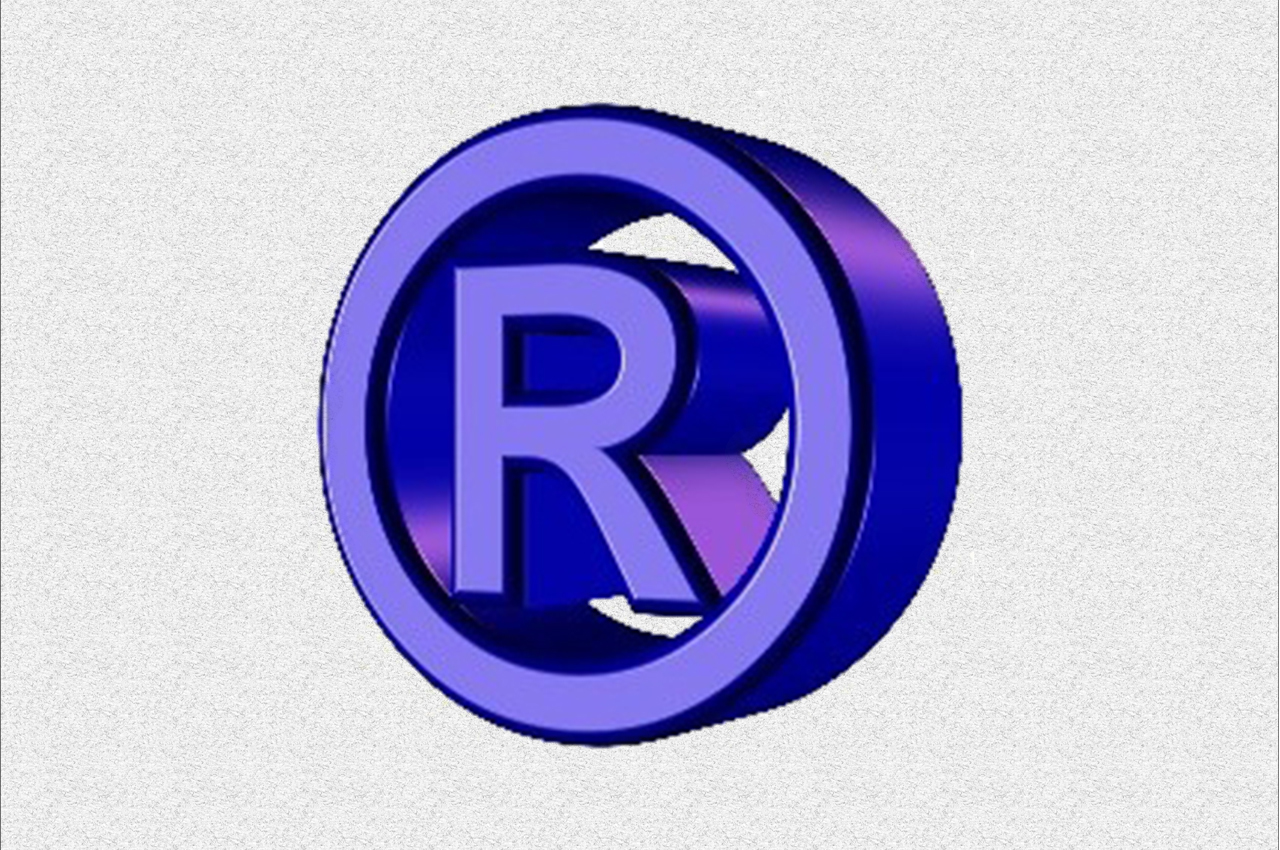Resources
Trademarkology
Royal Prerogative
A decision by the Trademark Trial and Appeal Board came to my attention today that relates to my earlier blog entries concerning McDonald’s in that it involves the prerogatives of fame, in this case, a royal prerogative. In Nieves v. Nieves LLC, the Board agreed with the Trademark Examiner that the marks “PRINCESS KATE” and “ROYAL KATE” “falsely suggested a connection” with Kate Middleton, the Duchess of Cambridge, under Section 2(a) of the Trademark Act.
Whether you have any interest whatsoever in British royalty you have seen innumerable pictures of Kate Middleton as you are waiting to check out groceries:

Kate Middleton may not be in quite the category of fame in the U.S. that her first name alone is likely to bring a particular person to mind (…perhaps our own American royalty Hilary):

However, not surprisingly to any one, “PRINCESS KATE” and “ROYAL KATE” brought a particular “Kate” to the mind of the Examining Attorney (for those of you unfamiliar, this is an attorney in the Trademark Office who examines an application after it has been filed). The Examining Attorney looks for irregularities in the application that must be corrected (such as the way that the goods and/or services with which the mark is or will be used is described in the application) and also determines whether registration of the mark should be refused under the Trademark Act (most commonly because the mark is confusingly similar to a prior registered mark under Section 2(d) or because it is a term which merely describes the products or services with which it is or will be used under Section 2(e)). “Kate” seems to have become famous enough to have just a one-word name, like Madonna, Prince, or Sting.
To refuse a registration under Section 2(a) based on the Examiner’s own sense that a proposed mark would be recognized as pointing to a particular person or institution is very rare.
Nieves & Nieves pointed out in vain that Kate Middleton is Catherine and that she is not a princess but a duchess – to Americans any beautiful young woman in the royal family is a princess. The evidence in this case included this quote from an ABC news reporter:
The palace suits insists [sic] she’s a duchess, not a princess, and they say we must call her Catherine, not Kate. Forget it, chaps. Princess Kate, that’s her handle and she wears it
Analyzing all the factors for determining whether the applications should be refused registration under Section 2(a), the Board concluded:
(i) Applicant’s proposed markâ¦is a close approximation of Kate Middleton’s identity
(ii) theâ¦mark points uniquely and unmistakably to Kate Middleton
(iii) Kate Middleton has not actual or commercial connection with Applicant
(iv) Kate Middleton’s identity is of sufficient fame or reputation that if Applicant’s mark â¦were used in connection with the goods listed in the application, the relevant consuming public would presume a connection with Kate Middleton
This is very different from finding likelihood of confusion. Nieves & Nieves LLC argued that Kate Middleton was not associated with the sale of jewelry, cosmetics, clothing, etc. that would be sold under the proposed marks and that consumers were not likely to be confused as to source, but the Board pointed out that this is not the question. The question is whether the relevant consumers would think of Kate Middleton when they saw “PRINCESS KATE” or “ROYAL KATE” used in connection with these products, not whether they would think that Kate Middleton licensed, sponsored or authorized the use of her name for these products. This statutory refusal based on false connection arises from the right of publicity and right to control one’s own identity. We Trademarkologists think it’s reasonable to conclude anyone seeing “PRINCESS KATE” or “ROYAL KATE” would think of Kate Middleton.
Read more from Trademarkology



